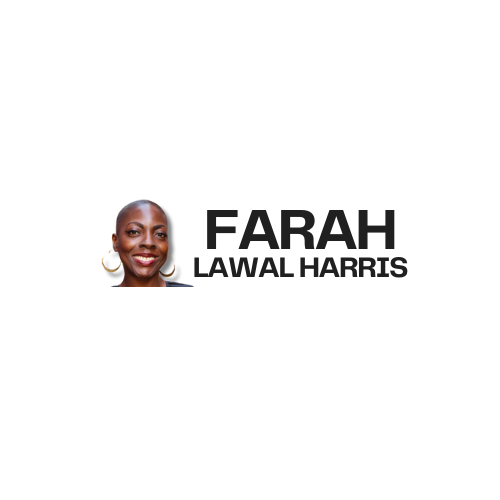Five Dangerous Words
Photo by Mwabonje Ringa
A couple of weekends ago, I met up with an old college friend and fellow breast cancer survivor. It was a treat to see her in person and catch up with her. Life took us in different directions since our days at the University of Maryland, College Park, but we still share enough in common to enjoy each other’s company. Sitting across from this beautiful sister-friend, I saw a mirror image of myself. I saw her strength, beauty, resilience, physical wellness, and grit. But in her, I also saw a familiar struggle reflected in a phrase she said multiple times during our conversation.
This five-word phrase
is a dangerous, insidious,
immediate confidence-killer
to the speaker.
This five-word phrase
is a heavy ball at the end of a rusty chain,
an enemy of progress,
a purveyor of pain,
a discordant refrain
I try so hard not to sing:
“I need to work on…”
You may be wondering: “What’s wrong with being honest about areas you need to improve?” Inherently, nothing. However, the problem arises from creating a running to-do list of weaknesses. To-do lists work when they include tangible and achievable tasks, such as “Call your mother” or “Reply to so-and-so’s email.” But the words, “I need to work on…” in response to a friend’s life updates hit different. The phrase, “I need to work on…” does not build; it diminishes. It feeds comparison and self-judgement rather than ambition. Adding lifestyle changes, such as exercising more or setting firm boundaries to a to-do list, does not get you closer to making those changes. Change comes from tiny, consistent steps made over time. It does not come from diminishing one’s own progress to compliment the person in front of you.
After hearing my friend reply “I need to work on…” a few times during our conversation, I stopped her. I told her that I recognized she was doing something I used to do, which made me feel bad each time I said it. I explained to her, “Every time you say that phrase, you place me over you. Sis, we are equals. I am not above you. I am across from you.” I know firsthand the dangers of perfectionism. I will never regain the time I’ve spent examining myself so closely to find the flaws, then honing in on them through language rather than action:
”I need to work on my physical fitness….”
“I need to work on spending more wisely… “
“I need to work on being more organized….”
I did myself a huge favor last year by replacing the phrase “I need to…” with “I will…” I stopped adding others’ personal achievements to my to-do list and started betting on myself. My goals do not change based on others’ accomplishments. We all possess unique strengths and abilities. Where we are weak, others are strong. And how do we get stronger? We ask questions:
“How did you figure out how to do that?”
“How long did it take you to master that skill?”
“I’m struggling—what advice can you give me?”
One of my favorite quotes comes from playwright Timberlake Wertenbaker from her play, The Ash Girl: “Wisdom is the asking of questions.” Questions push us toward action rather than self-critique. Questions can create ideas to revisit, research, or attempt. Questions are kind—they don’t cut into our psyches and remind us of our flaws. We all “need to” work on things. But in our imperfection, there is beauty. We each add value to the world when we exist authentically, allowing ourselves to be seen and present with the people in our lives. Tomorrow is not guaranteed—why not spend our days actually doing, rather than assigning ourselves vague tasks that we may never complete?
Currently, the only thing “I need to work on” is awareness of the present moment. And in that awareness, there is joy and appreciation for how far I’ve come rather than where I need to be. In that awareness is safety.


